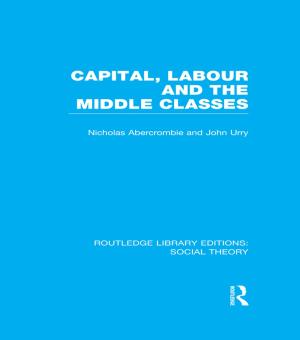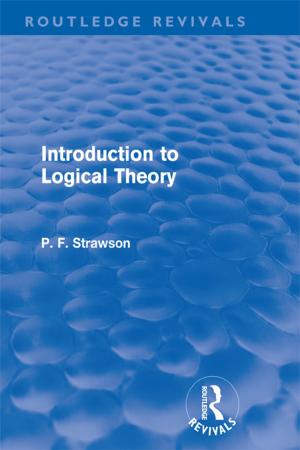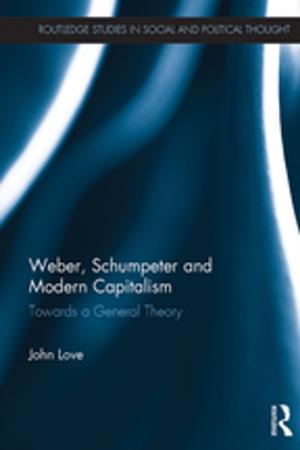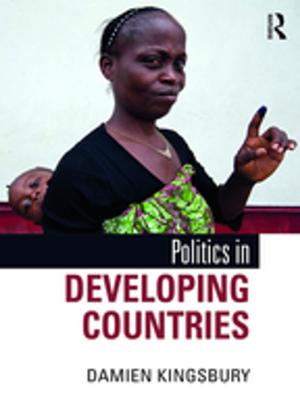The Taiwan-china Connection
Democracy And Development Across The Taiwan Straits
Nonfiction, Social & Cultural Studies, Political Science, International, Social Science| Author: | Tse-kang Leng | ISBN: | 9780429975448 |
| Publisher: | Taylor and Francis | Publication: | March 5, 2018 |
| Imprint: | Routledge | Language: | English |
| Author: | Tse-kang Leng |
| ISBN: | 9780429975448 |
| Publisher: | Taylor and Francis |
| Publication: | March 5, 2018 |
| Imprint: | Routledge |
| Language: | English |
Exploring the transitional role of the state in Taiwan's economic development, this book focuses especially on the impact of trade with mainland China. Tse-Kang Leng argues that the basic structure of political forces within Taiwan and its pattern of external economic relations have been transformed in the 1990s, with cross-Straits trade playing a key part. Although politically embarrassing to the government, this trade provides an economic opportunity that is irresistibly attractive to business interests.Thus, cross-Straits trade and investment have served as a fulcrum by which societal interests have moved an unwilling state. Going beyond the ?strong state? paradigm, the author's analysis of current cross-Straits economic policies reveals a sharp contrast between Taiwan's authoritarian past and its current era of democratization. Weighing the crucial forces at work in Taiwan?democratization, state-society interaction, and economic interdependence with mainland China?Leng provides a thorough analysis of Taiwan's political and economic development in the 1990s and beyond.
Exploring the transitional role of the state in Taiwan's economic development, this book focuses especially on the impact of trade with mainland China. Tse-Kang Leng argues that the basic structure of political forces within Taiwan and its pattern of external economic relations have been transformed in the 1990s, with cross-Straits trade playing a key part. Although politically embarrassing to the government, this trade provides an economic opportunity that is irresistibly attractive to business interests.Thus, cross-Straits trade and investment have served as a fulcrum by which societal interests have moved an unwilling state. Going beyond the ?strong state? paradigm, the author's analysis of current cross-Straits economic policies reveals a sharp contrast between Taiwan's authoritarian past and its current era of democratization. Weighing the crucial forces at work in Taiwan?democratization, state-society interaction, and economic interdependence with mainland China?Leng provides a thorough analysis of Taiwan's political and economic development in the 1990s and beyond.















